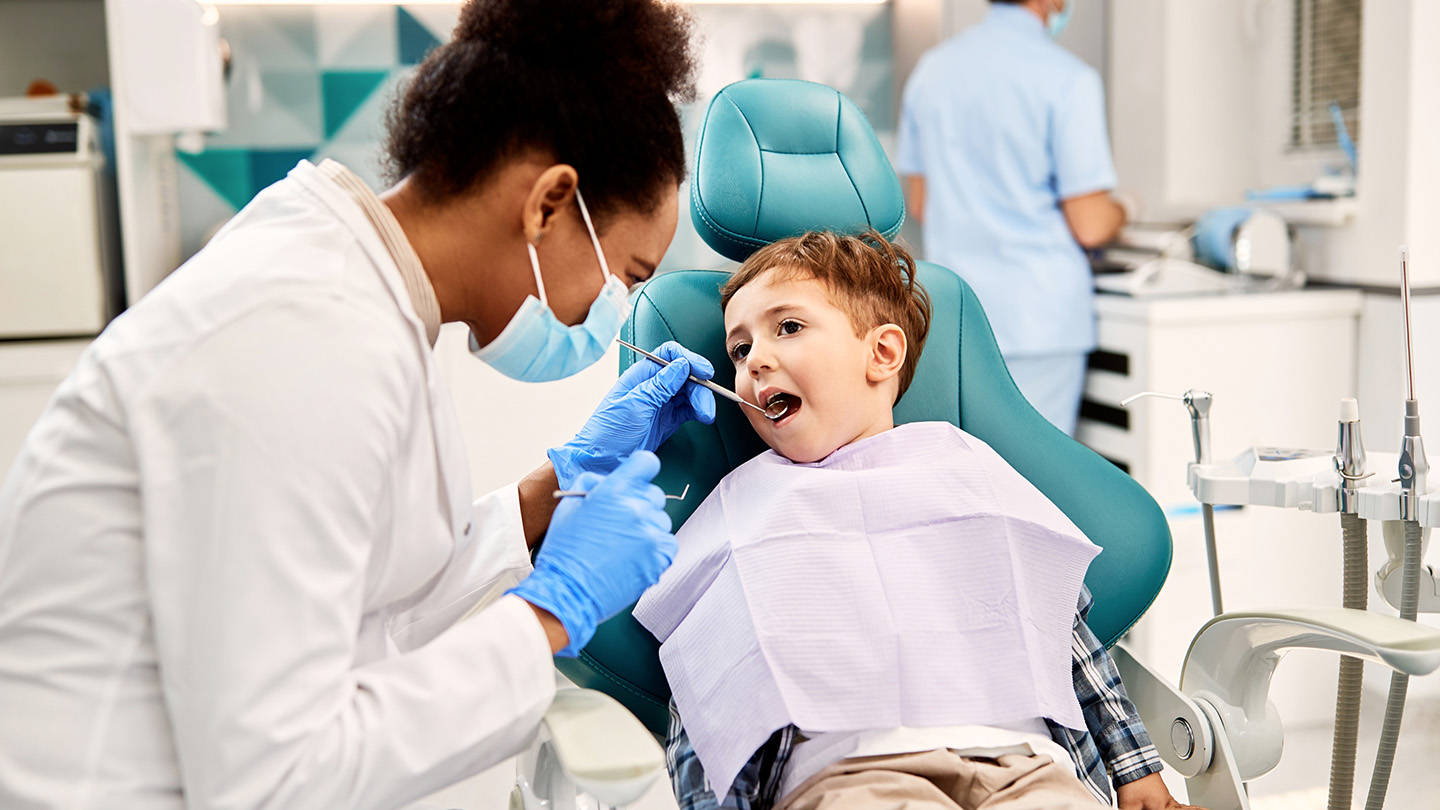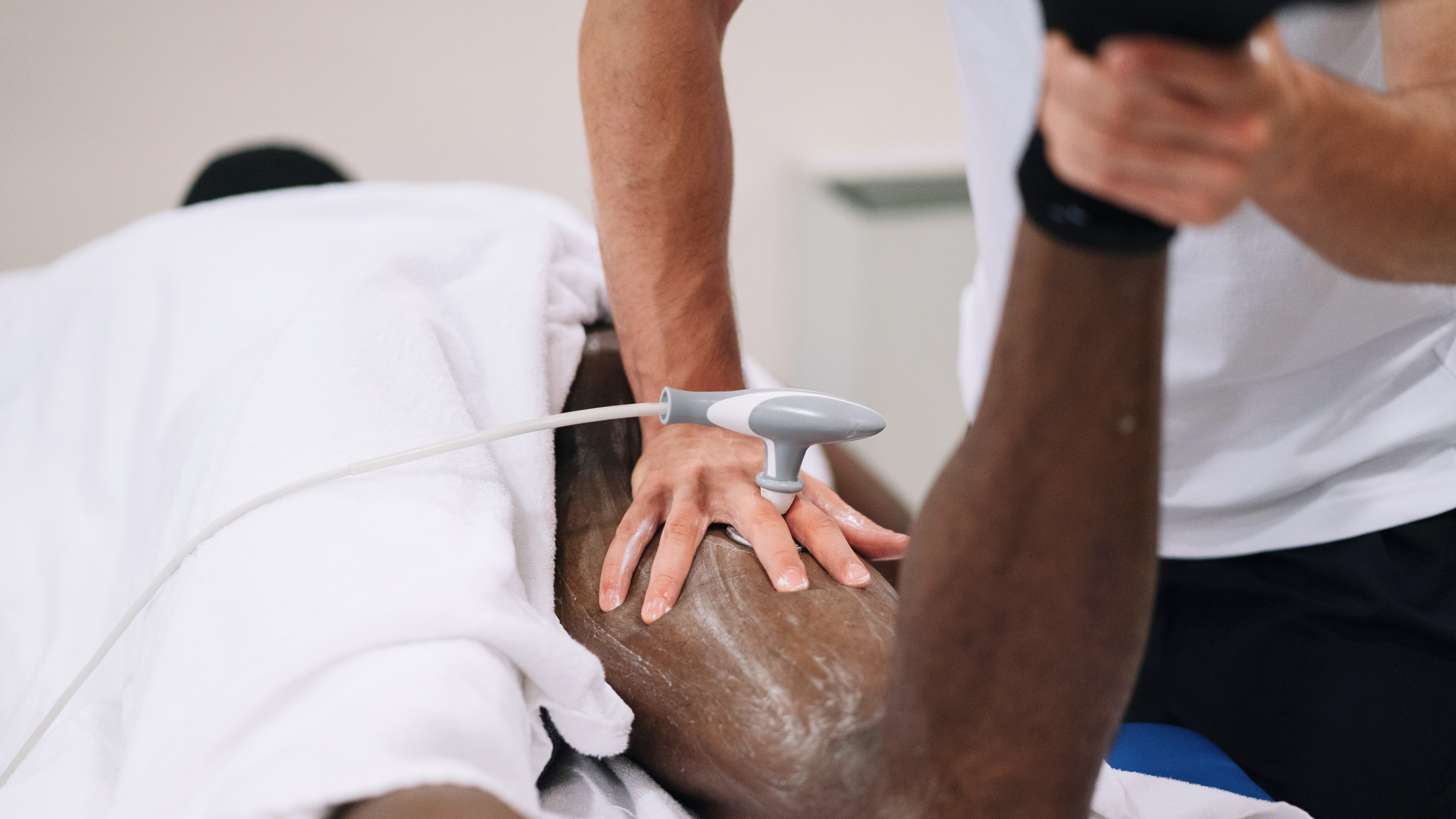Is it difficult to become a dental hygienist?

A dental hygienist is a licensed oral healthcare provider who works closely with dentists in an office or hospital setting. Like pursuing most careers, becoming a dental hygienist has its own challenges. It requires motivation and patience, as it comes with hard work and some schooling and exams are required.
Still, this can be a gratifying career for those who are passionate about improving people’s health.
It’s also a growing career — another reason it might be something to pursue. The Bureau of Labor Statistics projects 7% growth in the field from 2022 to 2032.
Here’s what you need to know about becoming a dental hygienist.
What education is required to become a dental hygienist?
Becoming a dental hygienist has a barrier to entry because state dental boards require the completion of an accredited dental assisting program for dental hygienists to be licensed and working. This can be a certificate training program or dental assisting program that leads to an associate degree. Some dental hygienists choose to further their education beyond this and earn a bachelor's and even a master's degree.
Keep in mind that different states might have different education requirements as you pursue this path, and some employers have differing requirements, too.
What are the required examinations and certifications to become a dental hygienist?
After graduating from an accredited program, aspiring dental hygienists must complete a national and regional or state clinical board examination to be licensed to work.
Aspiring dental hygienists must pass the national exam — the National Board Dental Hygiene Examination that’s developed and administered by the Joint Commission on National Dental Examination — with a minimum score of 75 out of 99.
The exam consists of 350 multiple-choice questions and assesses someone’s ability to apply their dental hygiene knowledge in a problem-solving context. Those who pass the exam demonstrate that they’ll safely use their skills, judgment, and expertise to practice as a dental hygienist.
How to apply to take the National Board Dental Hygiene Examination
To take the national exam, you must first apply through the Joint Commission on National Dental Examination. If you meet the eligibility requirements for the test, your application will be passed to Pearson Vue, which administers the test. From there, you'll be emailed appointment scheduling instructions.
Regional or state clinical board examinations
After you successfully complete the national examination, the next step will be to complete a regional or state clinical board examination. You’ll want to check with one of the following agencies about examinations in the geographic location in which you're pursuing a license:
- Western Regional Examining Board (WREB)
- Southern Regional Testing Agency (SRTA)
- North East Regional Board (NERB) of Dental Examiners
- Council of Interstate Testing Agencies (CITA)
- Central Regional Dental Testing Services (CRDTS)
For more information about license requirements, visit the American Dental Hygienist Association’s website.
Common FAQs about becoming a dental hygienist
How difficult are dental hygienist courses?
Dental hygienist programs consist of rigorous classes to give future dental hygienists all the necessary tools to succeed. While the classes will vary depending on the program, some classes you might expect to take in a dental hygienist program include:
- Basic science courses
- Dental anatomy
- Oral pathology
- Dental radiography
- Oral health education
- Patient management
- Community dental health
What are the time commitments involved in becoming a dental hygienist?
Pursuing a dental hygiene career does require a time commitment. Apart from spending time pursuing a degree, factor in some of the additional time requirements, like studying for the necessary exams to become a licensed hygienist. Some dental hygienists also pursue apprenticeships during or after their degree to gain real-world experience, yet another time commitment to consider.
How long does it take to become a dental hygienist?
The time it takes to become a dental hygienist will vary depending on the program you enroll in, how long it takes you to complete it, and how long the licensing exams ultimately take you. Some dental hygienists also choose to take on an apprenticeship or to shadow a working dental hygienist, all of which will add to how long it takes to obtain a full-time job in this field.
Expect certificate programs to take under a year to complete, an associate degree to take around two years, and a bachelor’s program to take around four years. Again, these are rough estimates, and everyone’s individual situation will be different. Then factor in that you’ll also need to complete several exams to work in a public setting.
Final thoughts
Becoming a dental hygienist is a career many are interested in exploring. While it can be a uniquely rewarding career, it also comes with challenges. It can also require a significant time commitment to land a full-time job in this field, especially when it comes to passing the necessary exams to get licensed.



